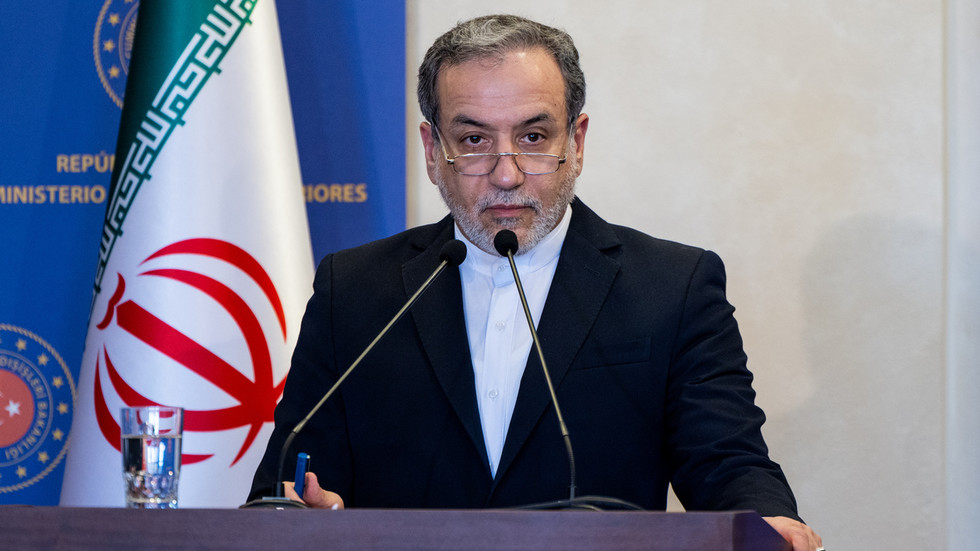Headlines
Iran Issues Stern Warning to U.S. Following Israeli Strike

Iran warns the U.S. of potential consequences after Israel’s recent military strike, escalating tensions in the region and highlighting the ongoing conflict.
Iranian Foreign Minister Abbas Araghchi cautioned that Iran would consider the US complicit if Israel proceeds with its threat to launch a major attack on the Islamic Republic.
On Friday, journalists questioned US President Joe Biden about his understanding of how Washington’s closest Middle East ally might respond to the Iranian missile attack on October 1 and whether Israel intends to take action against Iran. Biden responded affirmatively with “Yes and yes,” but chose not to elaborate further.
Araghchi posted on X Saturday emphasizing that anyone with information about “when and how Israel might attack Iran,” or those supplying resources and support for such actions, should logically be held responsible for any potential consequences.
The foreign minister’s message did not directly reference Washington, but it included a link to a Reuters article in which Biden confirms his awareness of Israeli plans to target Iran.
READ ALSO: Iranian General Claims to Have ‘Secret Weapon’ More Powerful Than Nuclear Bombs
According to a CNN report on Saturday, which referenced information from three knowledgeable sources, the United States has initiated an investigation following the online leak of highly classified intelligence documents regarding Israel’s potential plans for strikes on Iran.
Two documents were shared on Telegram last Friday. One document, seemingly created by the Pentagon’s National Geospatial-Intelligence Agency, indicated that on October 16, the Israeli military “continued significant munitions preparations and secretive UAV operations,” likely in preparation for an attack on Iran.
The second file provided a detailed description of a “large-force employment exercise” carried out by the Israeli Air Force on October 15th and 16th.
On October 1, Iran fired approximately 200 ballistic missiles at Israel, claiming it was in retaliation for the assassinations of Hamas and Hezbollah leaders last month as well as a general from the Islamic Revolutionary Guard Corps (IRGC).
Since then, Israel’s Defense Minister Yoav Gallant has warned of a “deadly, precise, and unexpected” retaliation. Meanwhile, some Israeli officials have advocated for targeting Iranian energy infrastructure, including its nuclear facilities.
On Thursday, the office of Israeli Prime Minister Benjamin Netanyahu announced that the nation would be making “final decisions” about retaliation “based on our national interest.”
